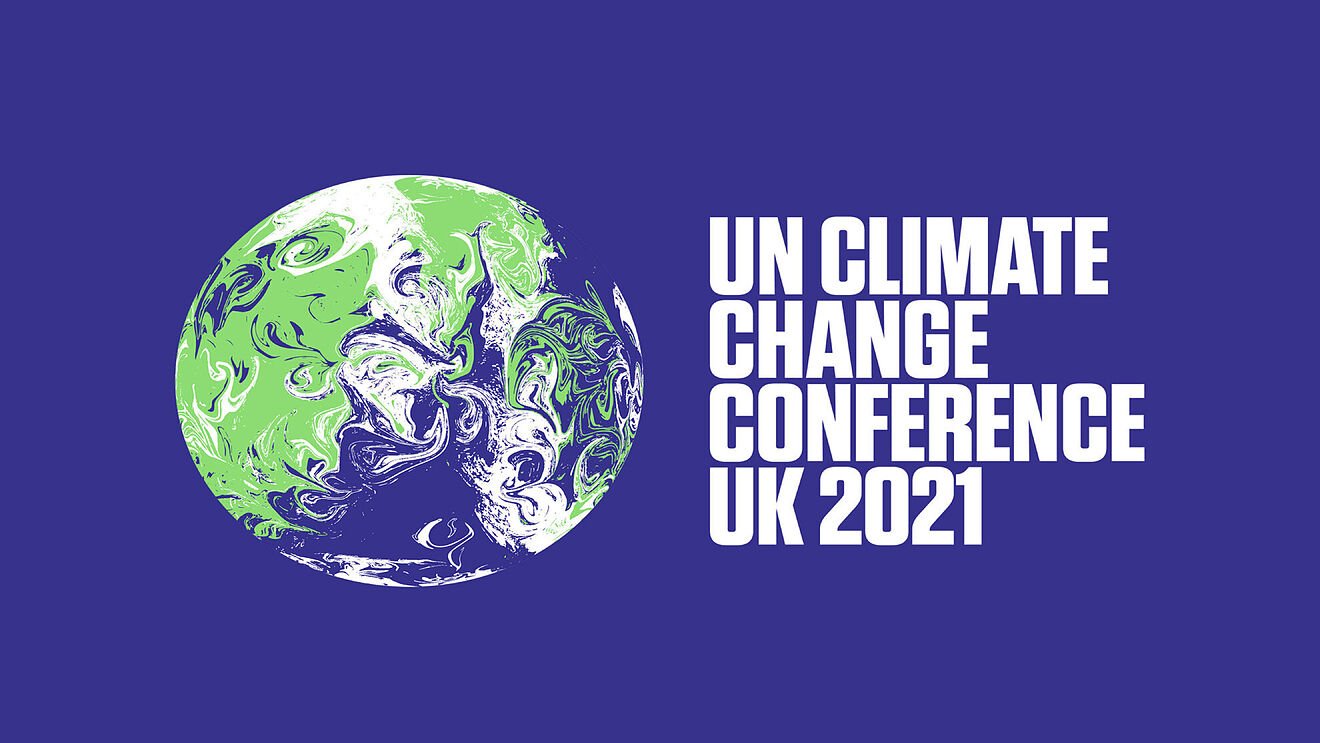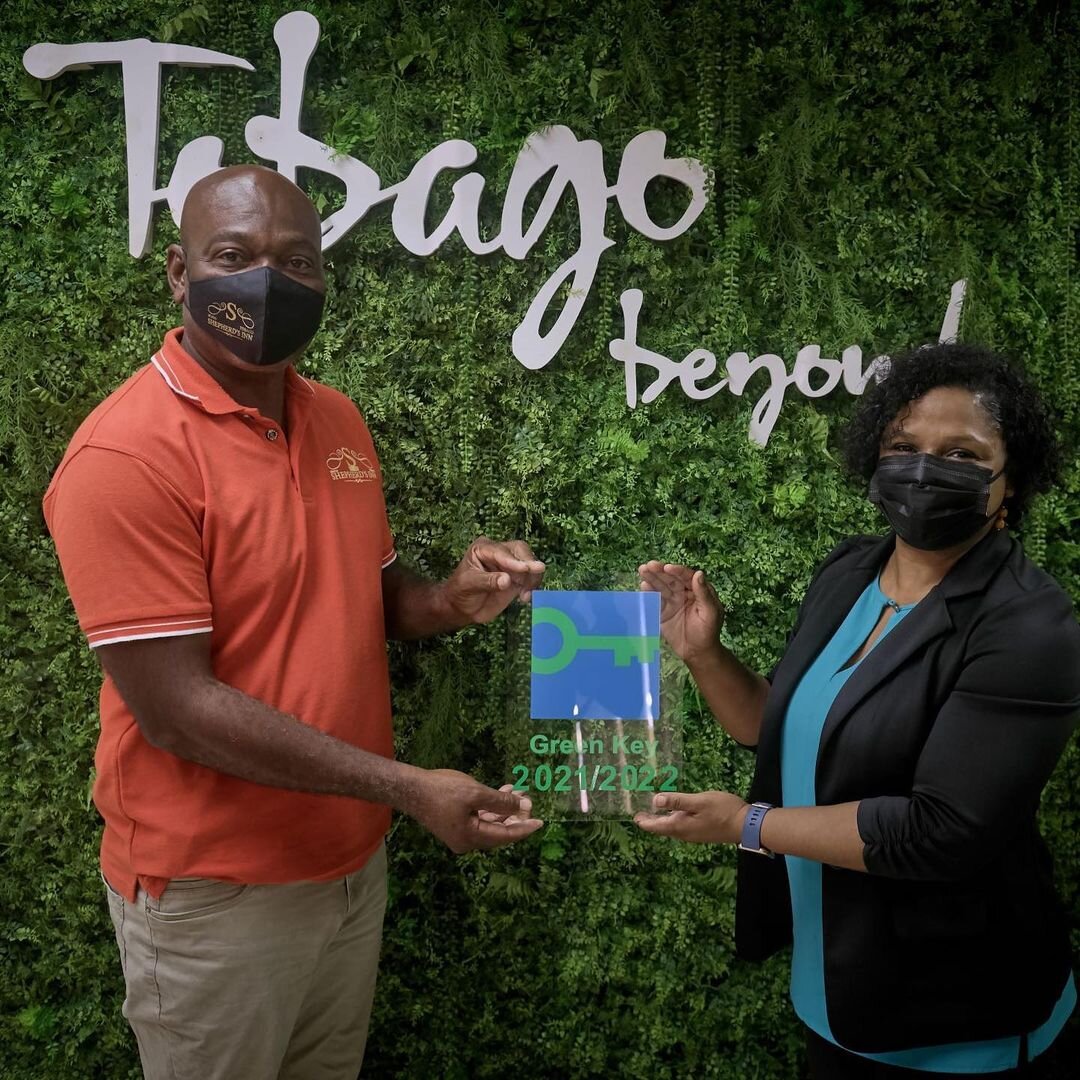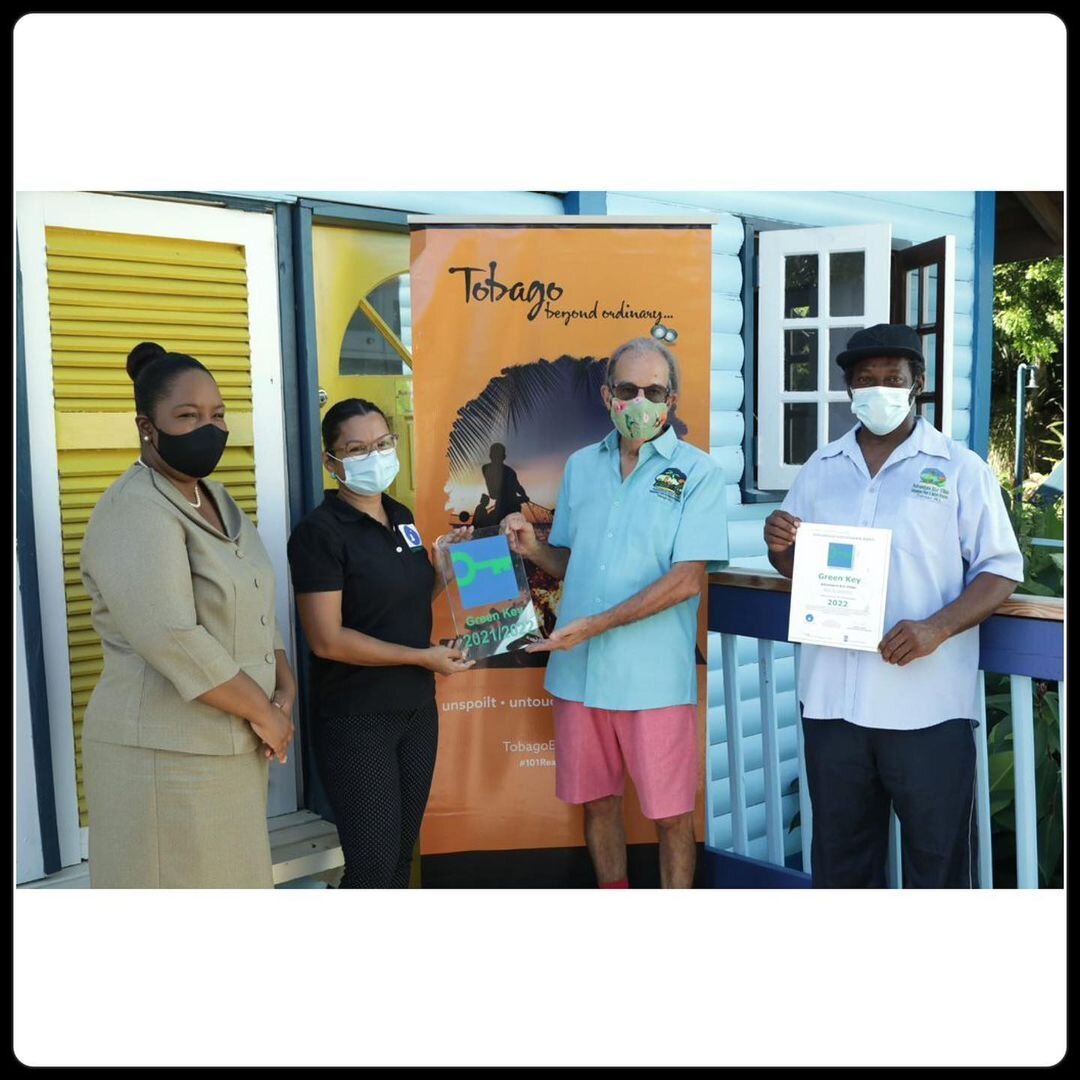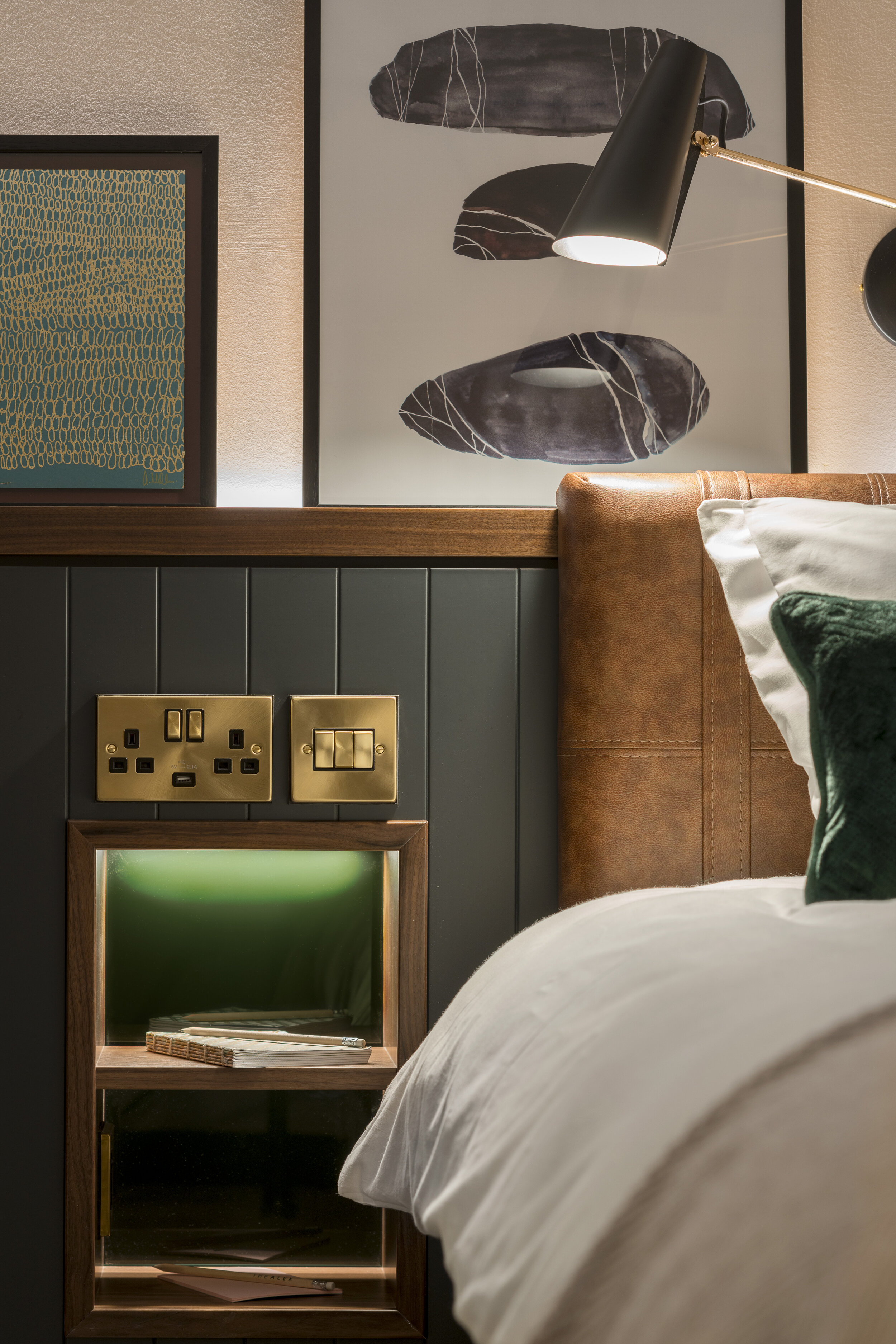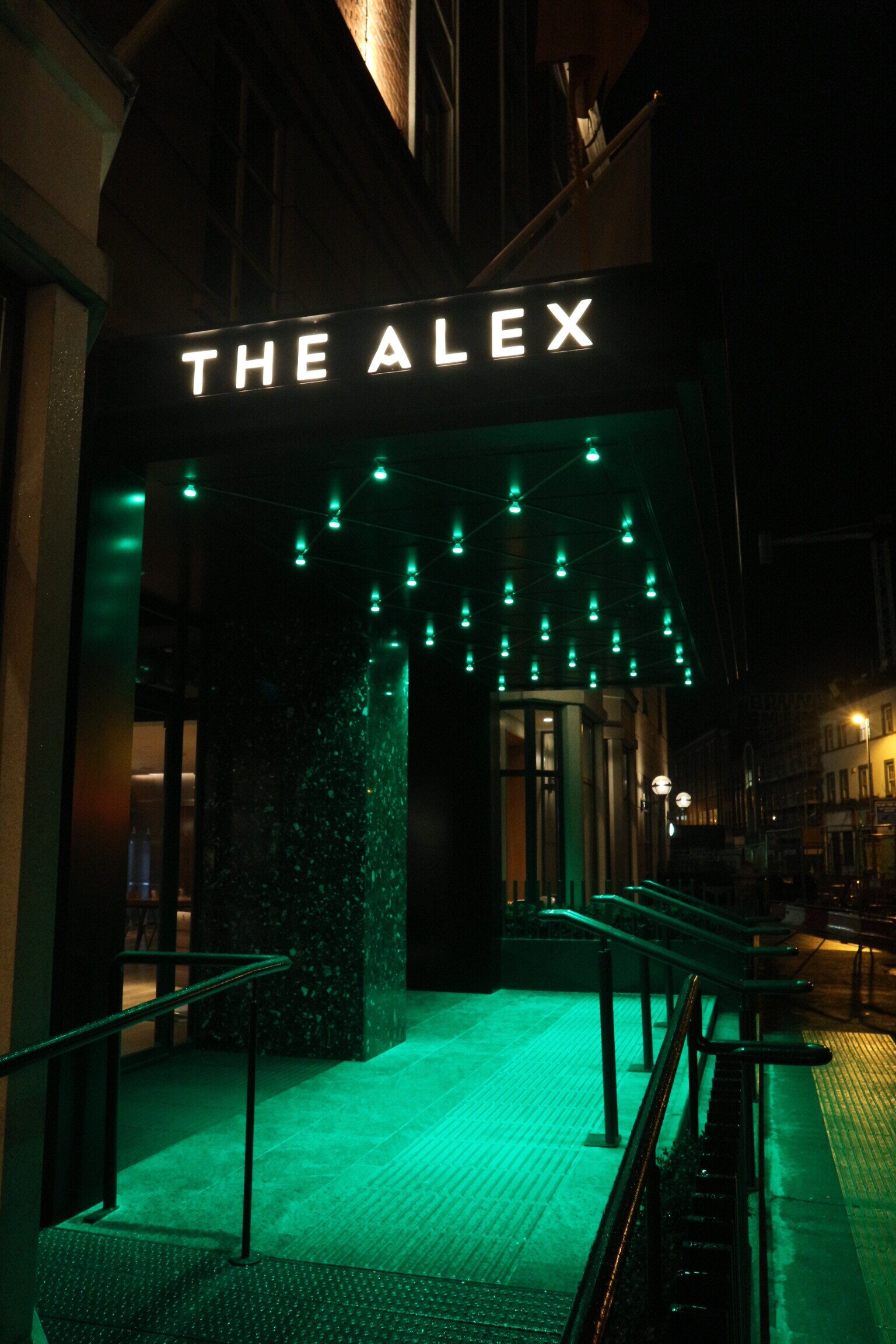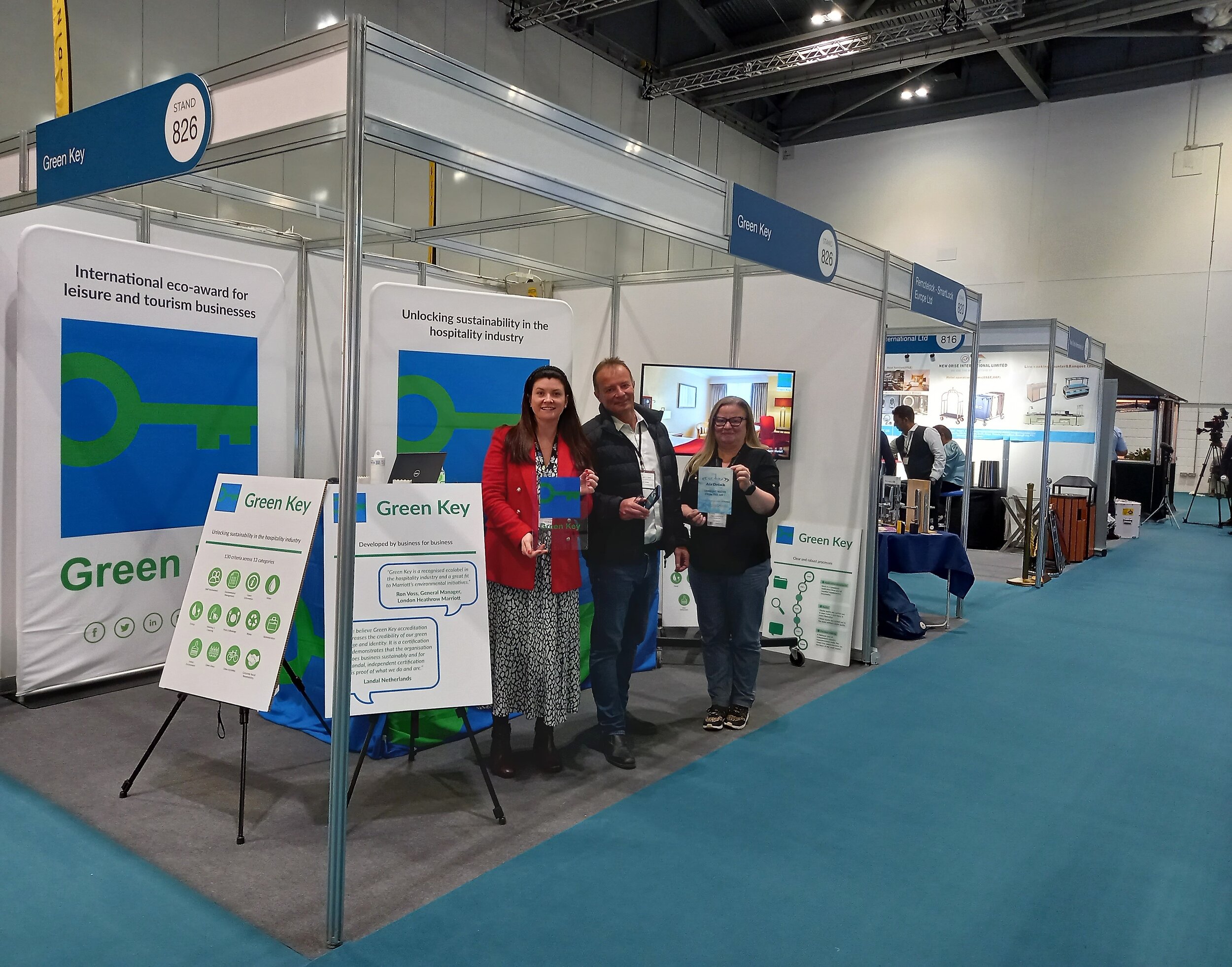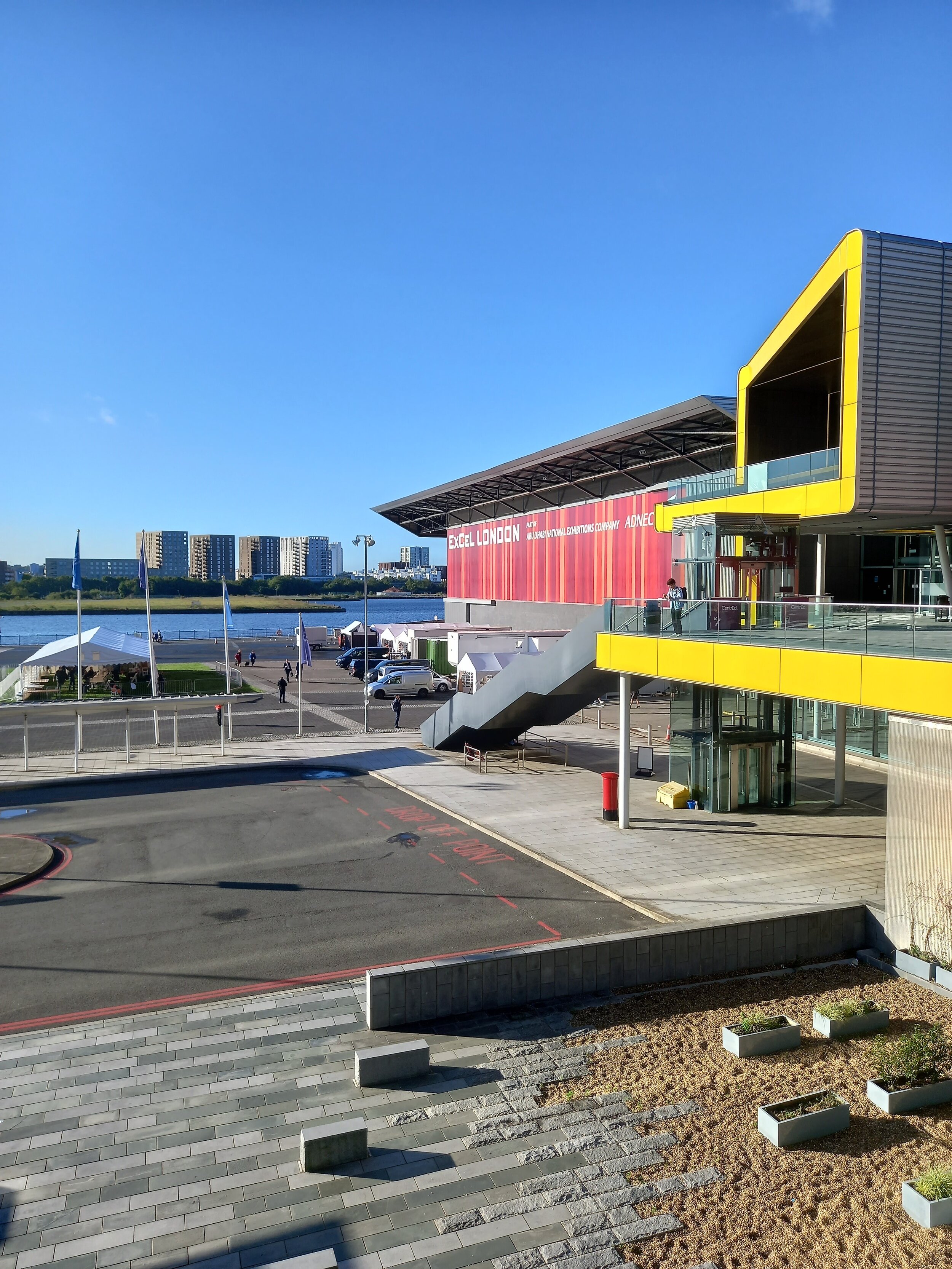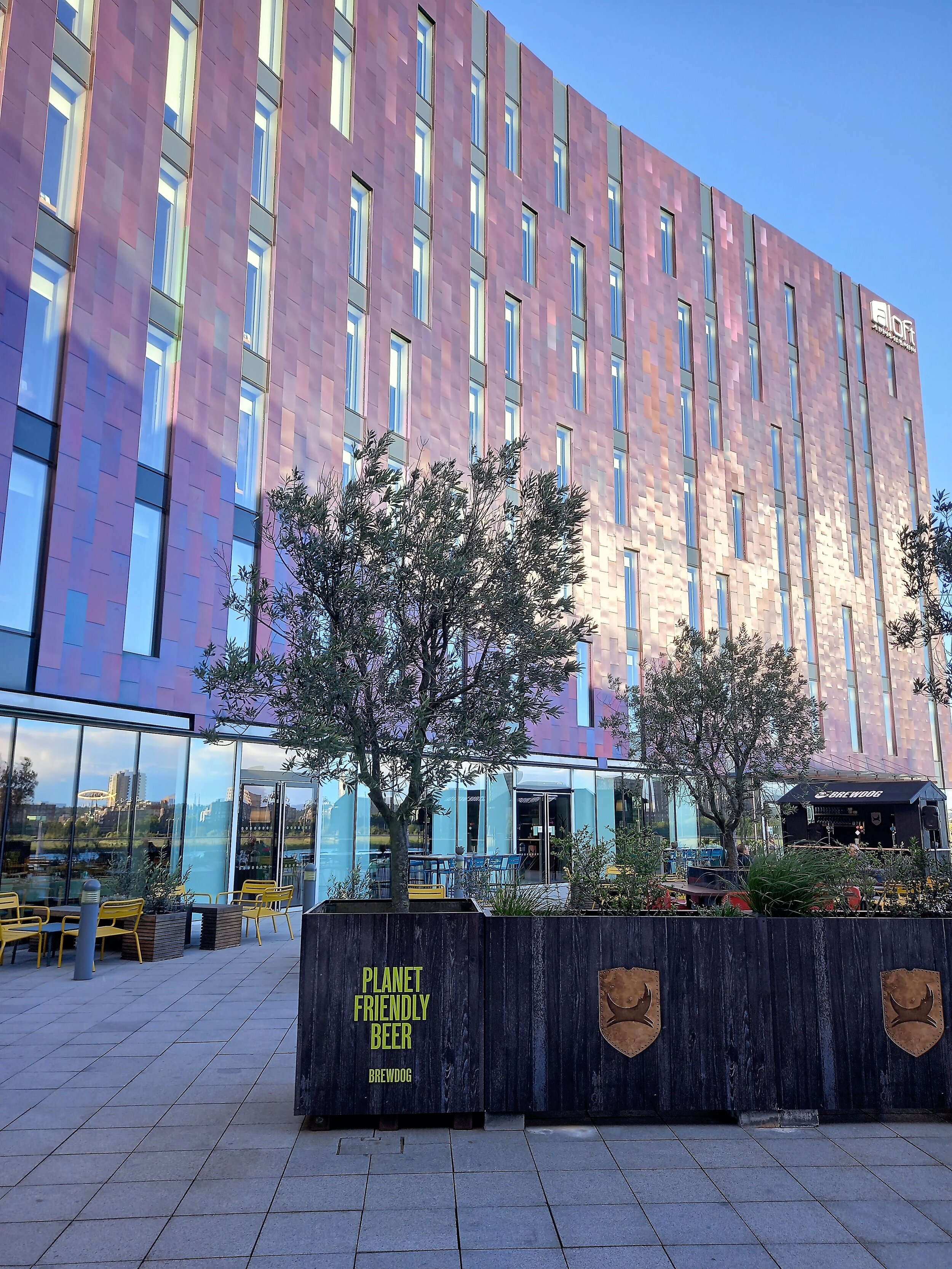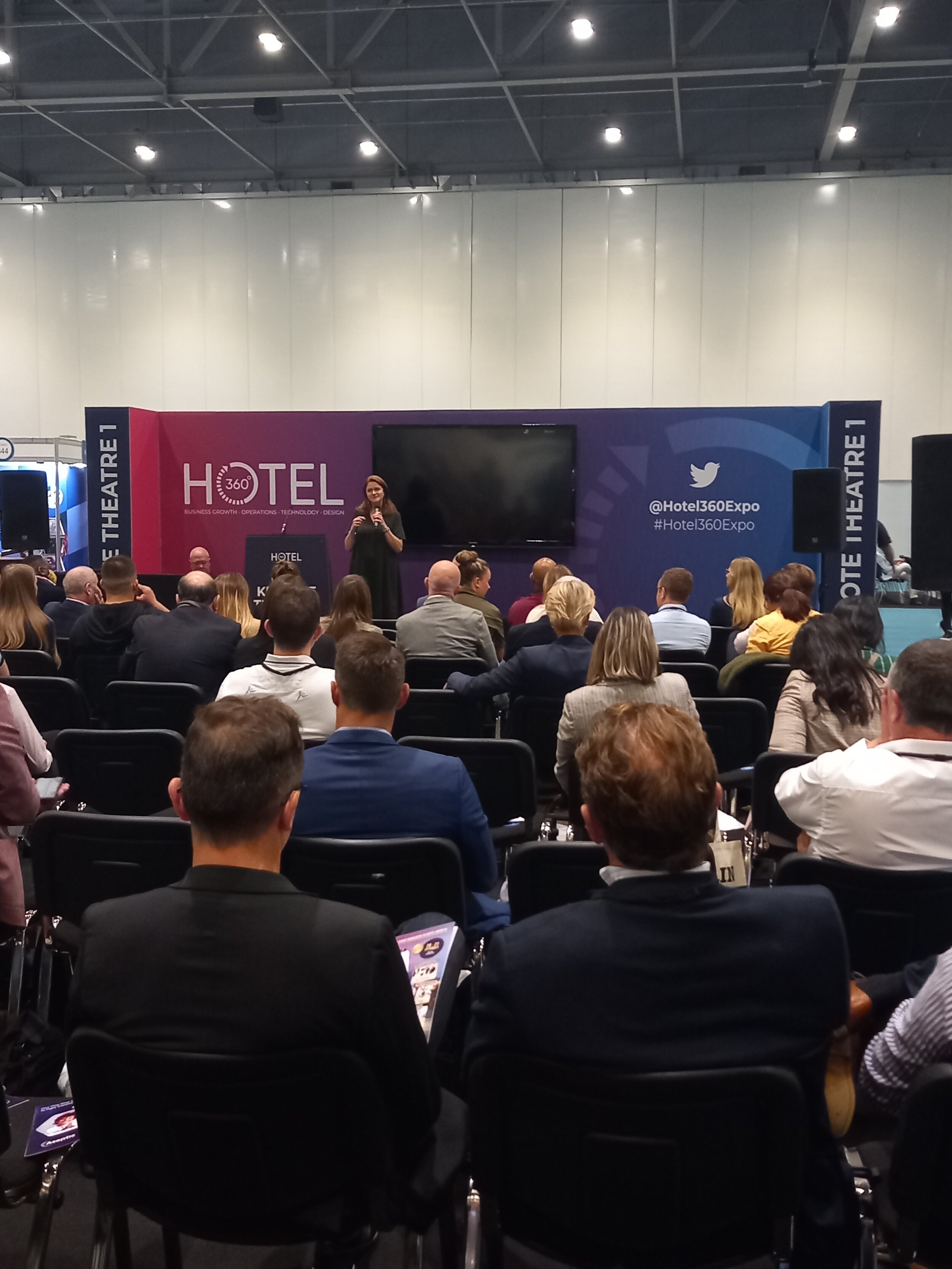Green Key is proud to be present at the COP26 event “Climate Action - Harnessing the Power of Networks!” highlighting some of Green Key’s activities within climate action.
The 26th UN conference on climate change is held in Glasgow, Scotland, from 31 October to 12 November 2021.
On 2 November at 3.30-5.00pm in the Glasgow Science Centre, Green Key will be present at the Green Zone event “Climate Action - Harnessing the Power of Networks!”. The event is organised by the Foundation for Environmental Education (FEE) with the President of FEE (Lesley Jones) as a keynote speaker and the CEO of FEE (Daniel Schaffer) as moderator. The event will showcase examples of FEE’s contributions to climate action as defined in FEE’s 10-year strategy (GAIA 20:30) as well as examples from the FEE programmes, including Green Key.
The contribution from Green Key at the event includes an interview with Dr. Stefan Hanselmann, Head of Programmes and Cluster Coordinator at the GIZ Office in Siem Reap, Cambodia. GIZ, which is the German Corporation for International Cooperation and FEE/Green Key have, together with a local hospitality school, been cooperating on a joint project to promote sustainable tourism for climate change in Cambodia.
There is also an interview with the General Manager of the Green Key awarded London Marriott Hotel Regent's Park and the Sustainability Chair for Marriott UK, Mr. Alok Dixit, about the work with climate change action in the hospitality industry through the participation in the Green Key Programme.
Join the live event through this link: https://youtu.be/5GCDBPL3_bM

